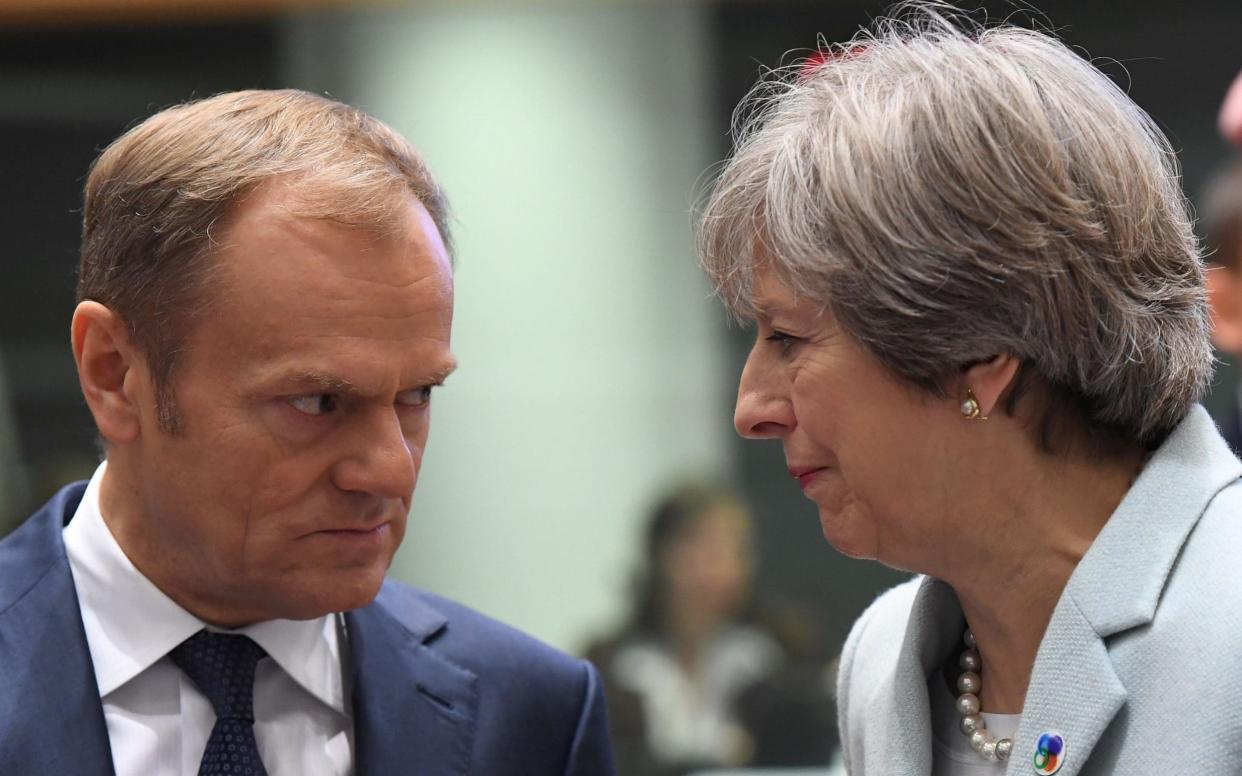European Parliament elections 2019: What time do we find out the results of Thursday's vote?

Here's everything you need to know about the European election vote, when we will get the results, and whether the UK MEPs will even get to sit in the European Parliament.
When was the vote?
The polls took place in the UK on Thursday - May 23 2019.
Will there be exit polls?
No - the rest of the EU will be voting over the next few days. It is a criminal offence for any country in the EU to publish exit polls, or any information about how people have voted during the election, before 22:00 BST on Sunday 26 May.
When do we find out the results?
Voters in Ireland turned out on Friday, the Czech Republic, Latvia, Malta and Slovakia voted on May 25 and the remaining 21 EU nations cast their ballots today, May 26. The results from every nation will be released this evening.
National estimates are expected to start coming from 5pm, and a European Parliament-wide results projection will be released at 10.15pm this evening after the last polling station on the continent has closed.
Provisional results for Britain will be released around 11pm. This and the final Europe-wide results will be updated through the night.
Why is the UK taking part?
Because Brexit has now been delayed for six months, with a new date set for October 31 2019, which means the UK must now participate in EU polls.
Might British MEPs only sit for a few weeks or months?
Perhaps. But also, perhaps not since no-one knows how Brexit will play out. And it is because of that uncertainty that the European Commission has insisted that the UK participates in the European Parliamentary elections.
Their fear is that if the UK revokes Brexit, or decides to hold a second referendum and the UK had failed to participate in polls, then the UK would be in breach of its obligations to hold elections and to give all citizens the right to democratic representation in Europe.
Failure to do so, risks invalidating the constitution of the new EU institutions, and all the decisions it makes, causing legal mayhem. As a result it was deemed safer for the UK to hold the elections, even if that meant MEPs sitting for a few weeks.

Is it even possible that MEPs could be elected, but never take their seats?
Yes. The European elections will be completed by May 26. But the European parliament does not sit for the first time until July 2 - which leaves a month for the UK to pass the Brexit Withdrawal deal and necessary implementation to obviate the need to take seats in the Parliament.
Under the terms of the ‘flextension’ granted to the UK, as soon as the Brexit deal is passed, the UK will cease to be an EU member and so not need to have MEPs.
It is also quite possible that UK MEPs will have to show up to the European Parliament on July 2, break up on July 25 and then take a well-paid holiday in August, before reconvening on September 2.
The Parliament does not formally sit after the summer break until September 16 and will spend the next two or three months appointing a new Commission. All through this time the UK is free to leave as soon as it has passed the Brexit divorce deal.
What happens then? Won’t the entire European Parliament need re-electing?
No. The current European Parliament is comprised of 751 seats, of which 73 are for UK MEPs. This will remain the composition of the Parliament for as long as the UK remains a member of the EU.
As soon as the UK departs, it will have to be reconstituted, becoming a 705-seat Parliament, with 27 UK seats being re-allocated to other EU nations in order to re-balance the Parliament.
Spain and France get five more seats, Italy and the Netherlands get three, Ireland two and a host of other states - Germany, Denmark, Estonia, Croatia, Sweden, Romania, Slovakia, Austria, Poland - receiving one more seat.
Different countries have different ways of filling those extra seats - some use lists, some use appointments, some hold by-elections - but all are legally bound to do so. This means that some MEPs elected on May 23-26 will be stuck ‘in the waiting room’ until the UK leaves.
What does Europe think?
Difficult to say what ‘Europe’ thinks when it is comprised of 28 different member states, but it was clear from the European Council in April that the majority of EU leaders would prefer that the British were not taking part.
They are perfectly aware that the polls - forced on them by legal constraints by the European Commission - could turn into a mockery of European democracy which is already struggle to engage electorates across the bloc.
In some quarters, however, UK participation is welcomed.

So the elections won’t be completely irrelevant?
No, and certainly not from a British political point of view. They could be a sounding board for a host of other domestic political issues, including the viability of new political parties - and the sustainability of established ones.
Theresa May and Jeremy Corbyn are expected to face a drubbing.
The Conservative and Labour parties are predicted to suffer severe losses, with the Liberal Democrats and the Brexit Party likely to hoover up votes.
In short, the elections will provide a mirror for the UK’s increasingly fractured, and fractious political landscape.
The Brexit issue also means turnout could increase from the desultory 35.6 per cent in 2014 to something closer than the still-feeble 43 per cent EU average.

Read more from Peter Foster in the Telegraph’s Brexit Bulletin. Sign up here.

 Yahoo News
Yahoo News 
